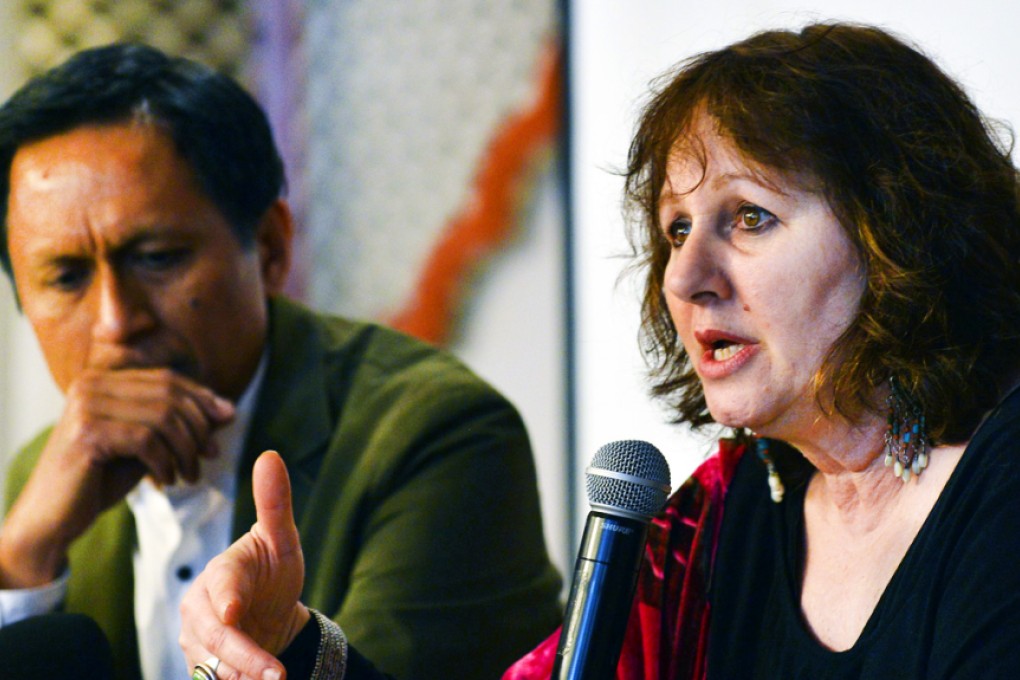India bans broadcast of documentary showing gang rapist blaming his victim
India has banned the broadcast of a controversial British documentary in which one of the men who gang-raped and murdered a student is shown blaming the victim.

India has banned the broadcast of a controversial documentary in which one of the men who gang-raped and murdered a student is shown blaming the victim – a move the film’s maker called “arbitrary censorship”.
Home Minister Rajnath Singh told parliament today that the comments of Mukesh Singh, one of five men convicted over the 2012 attack in New Delhi, were “highly derogatory and an affront to the dignity of women”.
“The government condemns it,” he said of the documentary made by award-winning British filmmaker Leslee Udwin, who won rare access to New Delhi’s Tihar jail to interview the prisoner on death row.
“It will not allow any organisation to leverage such an incident and use it for commercial purpose,” he said of the film, which charts the aftermath of the fatal gang-rape.
Singh’s comments in the Rajya Sabha, India’s upper house, came after a New Delhi court late yesterday issued an order banning media from showing the film, India’s Daughter.